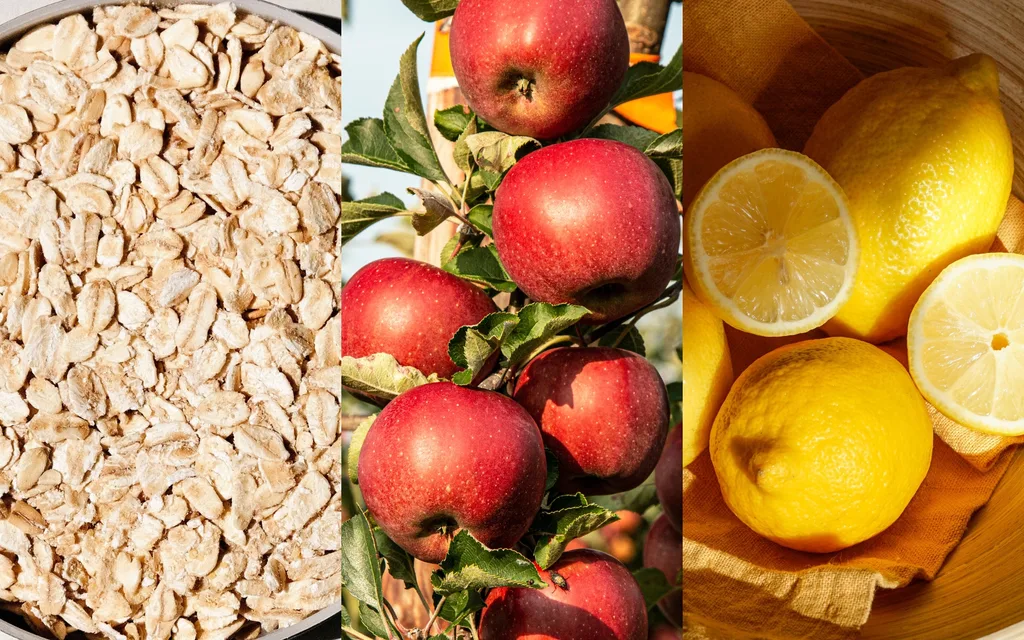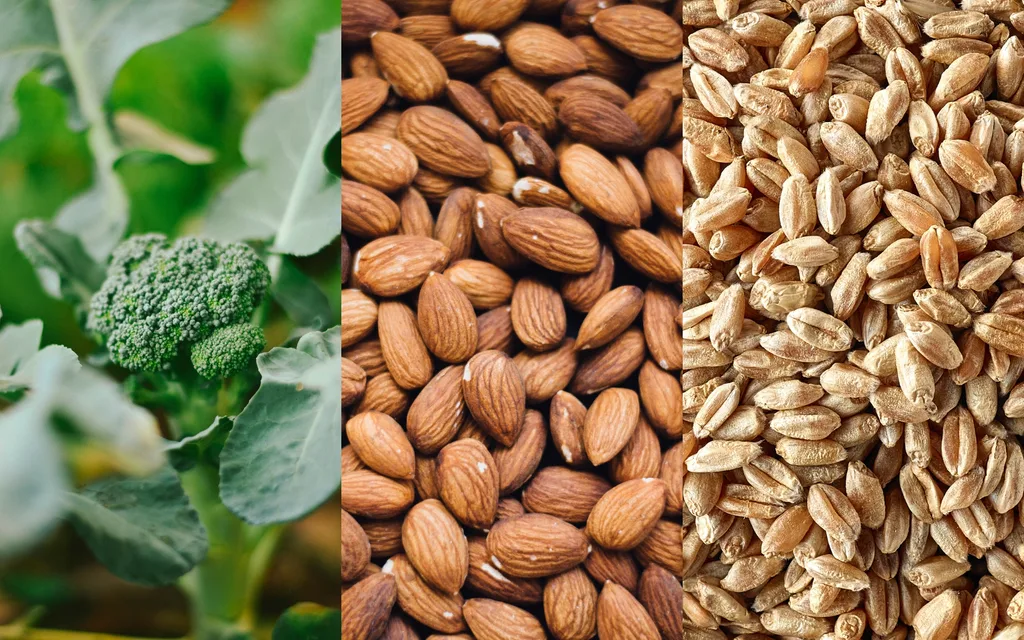Nutritionist and naturopath Anna Mitsios shares the best gut health tips to calm inflammation if you’re dealing with digestion issues.
1. Remove triggers
That means anything exacerbating bloating, indigestion, constipation or an irritable bowel. This is often sugar, yeast, gluten and dairy. However, everyone’s gut is different, so keep a food diary.
2. Add variety
Eating healthy foods repetitively is great but it doesn’t nurture all of your gut microbiome. Change your greens and veges every day, and add nuts, seeds, seaweed and healthy whole grains.
3. Munch on enzymes
Glutamine has a wonderful ability to restore and repair your gut lining. Bromelain, a natural enzyme found in foods such as pineapple, can reduce inflammation and support digestion.
4. Stress less
Stress can deplete key nutrients that support a healthy gut, including zinc and vitamin C. A lack of sleep can also mean our body’s healing mechanisms are compromised.
5. Herbs & spices
Chamomile, aloe vera and slippery elm reduce inflammation. Goldenseal, garlic and oregano can be helpful in eliminating any potential yeast overgrowth.

Did you know
- “Around 30 percent of faeces is bacteria,” says Phil. “It’s becoming more and more common to have faecal microbiome transplants that replace your existing microbiome. This is necessary for some gut infections and works really well.”
- Faecal transplants were administered via a “yellow soup” as far back as 4th-century China, but thankfully can be taken in capsule form these days.
- If you want to know more about your individual gut microbiome, you can order a test kit online. Phil says a healthy diet will address most issues, but “if the test gets you thinking about making healthy changes to your diet, then that’s a good thing”.
Fibre

Low-fibre diets have been linked to many allergic and inflammatory diseases, while high-fibre diets are thought to reduce inflammation. “Fibre is fermented by certain gut bacteria to produce short-chain fatty acids, which suppress inflammation,” says Phil.

The trouble is, 83 percent of us are not meeting the suggested dietary fibre target for good health. Whole grains are a good source, and Phil says it’s not necessary to avoid gluten if you’re not coeliac. “Most people are not sensitised to gluten and so it’s fine in moderation.” What’s more important is to get both soluble fibre (like oats, apples, peas and citrus) and insoluble fibre (such as whole grains, nuts, broccoli and beans).
For more info on the beast gut health probiotics, see here.
 Image: Getty
Image: Getty



